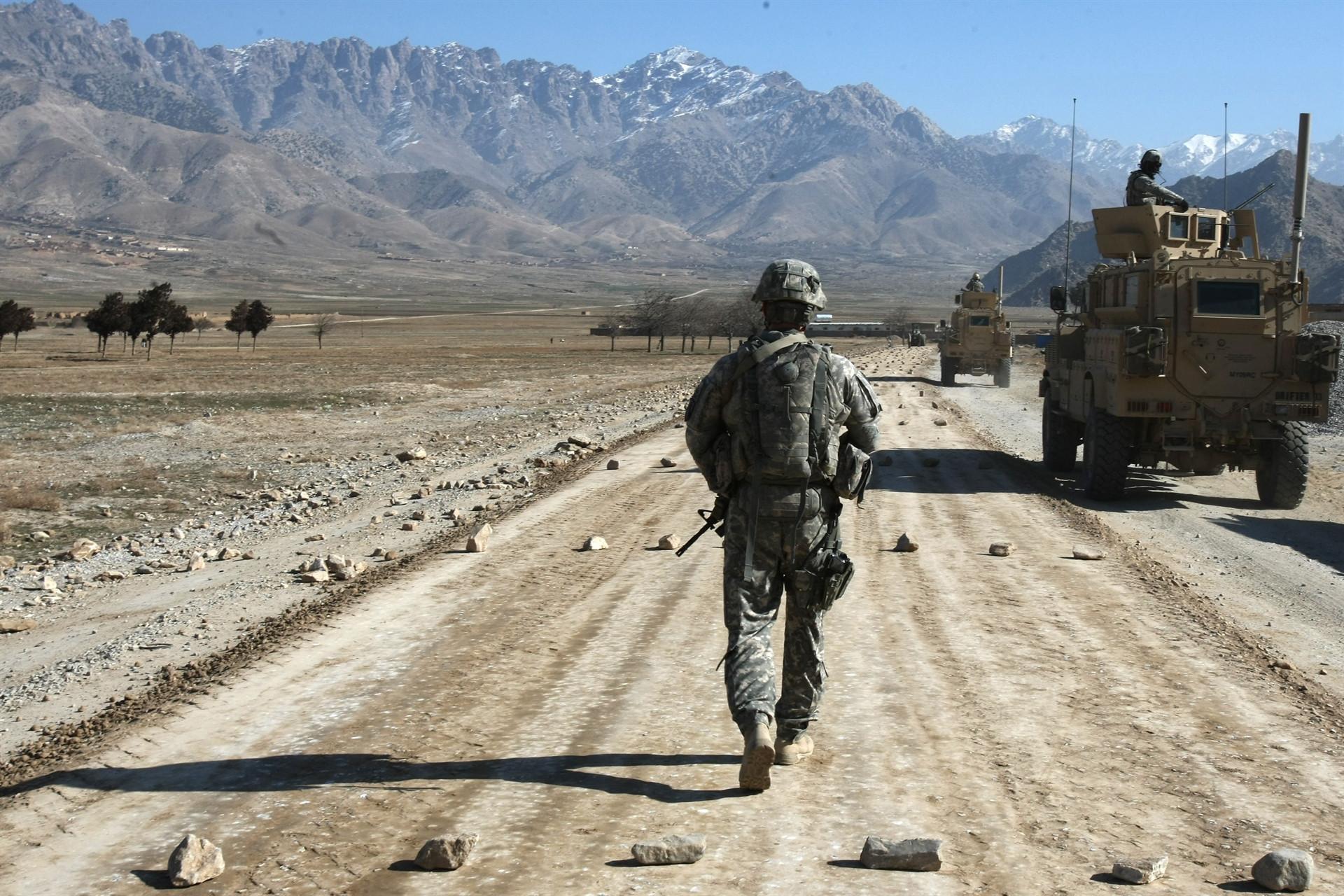
The United States this month will begin evacuating from Afghanistan applicants for special immigration visas whose lives are at risk because of work they did with the U.S. government as translators and in other roles.
The White House on July 14 said the evacuation, called Operation Allies Refuge, would start during the last week of July.
The Biden administration has been under pressure from lawmakers of both U.S. political parties and advocacy groups to begin evacuating thousands of special immigration visa applicants - and their families - who risk retaliation because of their work with the U.S. government.
That concern has grown with a surge in fighting between U.S.-backed Afghan forces and the Taliban in recent weeks, with the militants gaining territory and capturing border crossings.
"The reason that we are taking these steps is because these are courageous individuals. We want to make sure we recognize and value the role they've played over the last several years," White House spokeswoman Jen Psaki told a briefing.
Psaki declined to provide specifics on the number of Afghans who will be in the initial evacuation flights, citing unspecified "operational and security reasons."
A U.S. official, speaking on condition of anonymity, said the initial evacuation would include about 2,500 people and that they likely would be housed on U.S. military facilities, possibly in the United States, while their visa applications were processed. No decision has been made on the specific bases to be used, the official said.
The Special Immigrant Visa program is available to people who worked with the U.S. government or the American-led military force during the Afghanistan war that began in 2001. A similar program was available for Iraqis who worked with the U.S. government in that country after the 2003 American-led invasion, but no applications were accepted after September 2014.
Reuters was first to report news of the new Afghanistan evacuation effort.
President Joe Biden has set a formal end to the U.S. military mission in Afghanistan for Aug. 31. The U.S. general leading the mission, Austin Miller, relinquished command at a ceremony on Monday, a symbolic end to America's longest war.
At a White House meeting on Wednesday, Biden planned to tell Miller the drawdown of U.S. forces was a "testament to his leadership," a senior White House official said.
It is expected that the initial evacuation will be carried out by civilian chartered aircraft and will include Afghans who are waiting for their visa applications to be processed and their families, according to sources familiar with the issue.
James Miervaldis, chairman of a group called No One Left Behind that has been pressing for the evacuation of U.S.-affiliated Afghans, called the start of the evacuation "a very positive development."
Miervaldis said more efforts were needed as there were potentially tens of thousands of Afghans who may want to leave the country while they wait for visas to be processed.
A July 12-13 Reuters/Ipsos poll showed that the U.S. occupation of Afghanistan is broadly unpopular among both Democrats and Republicans, with only about three in 10 Democrats and four in 10 Republicans saying the military should remain.
The national opinion survey found that only 29% of the country agreed that "the United States continue its military operations in Afghanistan."